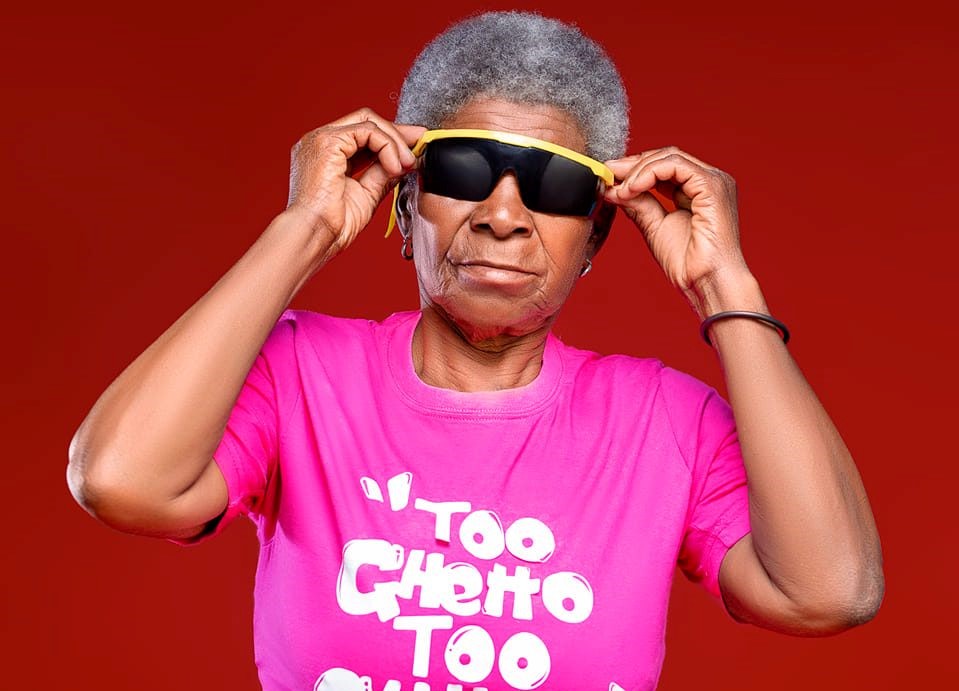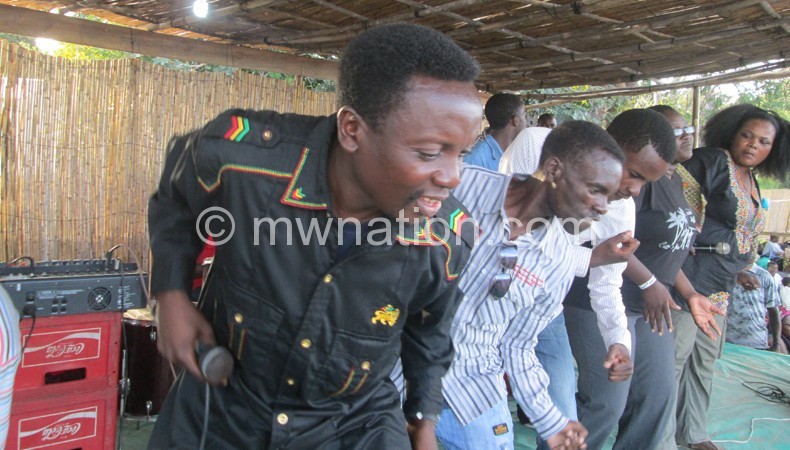Olenga Dzuwa: Probably Matafale’s finest piece
My declaration will expectedly meet some resistance, but as far as I am concerned, Olenga Dzuwa by Evison Matafale remains my all time favourite song coming from this revered reggae artist from Chileka, Blantyre.
It is a song whose meaning and relevance defies the test of space and time. It spoke of the political and economic problems that society experienced at the time of its release as much as it speaks to the current economic abss that Malawi finds herself in. I did not care much when I first heard the song in early 2000s. I was still young and free then, not caring about serious matters of the world. But as I grew older and started having responsibilities, the song started making more sense.

Apart from the uncanny ability of Matafale’s masterpiece to defy the temporal logic of time, the song also brings to the fore both local and international problems where the two meet at the doorstep of humanity, as orchestrated by human machinations.
The opening of the song originally released over 21 years ago strangely feels like the artist is talking about the current economic challenges that the world and Malawi are grappling with such as hunger, disease and wars.
“Ona dziko lalefuka ndi mazunzo,
Njala, nthenda, nkhondo,
Nayenso olizunza watheratu,
Akungodikila chilango……”
Olenga Dzuwa has a strange way of manifesting itself in people lives, both in space and time. The song talks of a world that is laden with war, femine and disease. There was armed conflict in Iraq and Afghanistan at the time of its release. Today there is war in Ukraine and Gaza. There was hunger in Malawi at that time. Today, many Malawians are still hungry. The message in the song is clear: human suffering is a human creation. A fortnight ago, the Reserve Bank of Malawi announced a 44 percent devaluation of the local currency which triggered the rise of fuel prices and other basic necessities. Could this lead to hunger, disease and other problems that Matafale sings about in his Olenga Dzuwa composition?
I am also fascinated by Matafale’s religiosity in the piece, especially the part where he sings: “Nayenso olizunza watheratu, akungodikila chilango”. He invokes a strong feeling of hope that there will come a day of reckoning for the perpetrator of human suffering. The Supreme Being, called Olenga Dzuwa in the song, will serve justice from his pedestal.
He thus took his song to the higher God as he sang in the following phrases: “Posachedwapa tikhala tikuimba, kuimbila mfumu
“Kuchoka pa khomo lapamwamba, kufikira pansi”
When he goes into the chorus, Matafale abandons the worries and despairs of the world and begins to praise God. He, however, does not praise God using the common names we know Him for. He simply calls him Olenga Dzuwa (Creator of the sun). Oh what a lyrical genius.
“Olenga dzuwa uja timamudikila, timamulilira ndi uyu,
“Olenga dzuwa uja timamulindira, timamuyimbila ndi uyu…”
The chorus is so comforting and entertaining with its deep bass guitar rhythm and drums taking centre stage.
When he takes the second verse, Matafale turns to the West. He accuses the west of ruling the world in a cruel manner.
But Matafale doesn’t give information on a silver platter. He makes you think and interpret, no wonder in one of his final interviews, he told the media: “I don’t dish out my music like I am giving porridge to a baby. Get the message behind it. If you don’t, you will perish.”
And in his final verse of Olenga Dzuwa, he addresses the ‘leader’ by accusing him of failing to protect the environment, bringing strange diseases with no cure, among other challenges.
University of Malawi lecturer Jimmy Kainja wrote on social media platform X, formerly Twitter: “Evison Matafale’s Olenga Dzuwa has right lyrics for these hard days.”
Black Missionaries Band leaderAnjiru Fumulani, who was only 19 when Matafale died, also said of the song: “I am always fascinated by the late Matafale. Like how was his brain working? Ankaganiza bwanji? Look at Olenga Dzuwa. That song is a pure piece of art.”
Sadly, Matafale only lived for 32 years. This Sunday, as hundreds of his fans gather in Chileka for his memorial concert, Olenga Dzuwa will surely be a reminder of the loss of a music genius a tender age. Just as the song cojoins the past and the future, it will surely join the living andthe dead as Matafale continues to entertain people from the grave with his finest piece of music.






One Comment